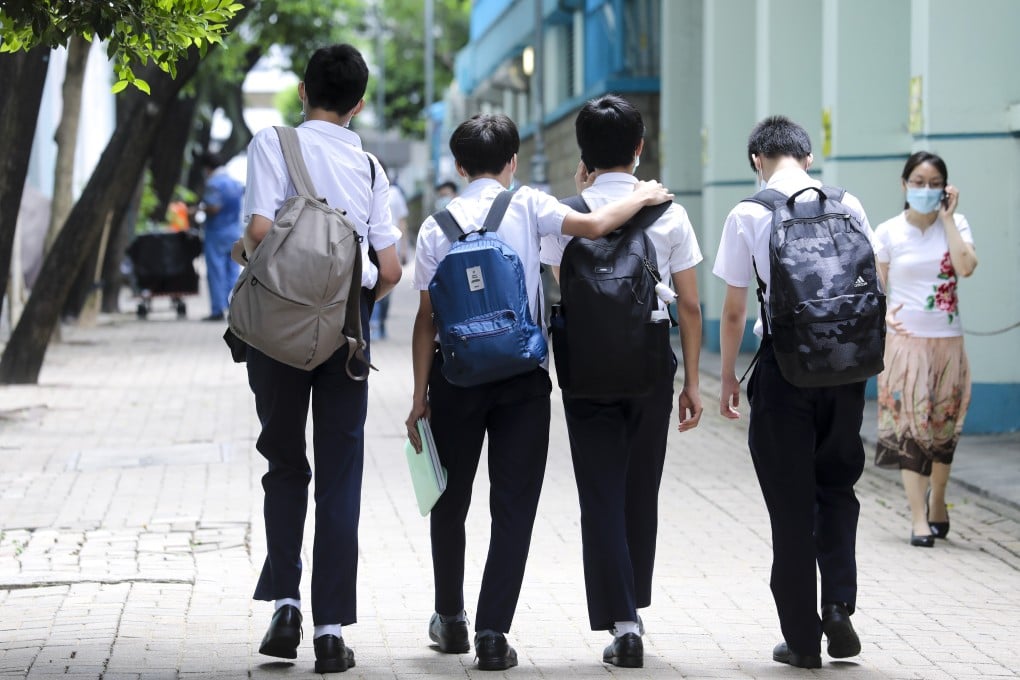Opinion | How Hong Kong’s revamped liberal studies subject can foster critical thinking and personal development
- Personal development, emphasised in the old curriculum, seems to have been largely overlooked by teachers, while students understood critical thinking as ‘finding fault with and criticising others’
- Nurturing true critical thinking will ensure students neither blindly applaud the West’s adversarial political system nor praise the Chinese system without analysis

Liberal studies became one of the four compulsory “core” subjects in the Diploma of Secondary Education examination in 2009. Its importance has never been questioned in education circles in Hong Kong, largely because of its implicit emphasis on personal development and critical thinking, both basic aspects of “whole-person development”, which virtually all Hong Kong universities consider important.
Unfortunately, notwithstanding the best of intentions, the actual delivery of the liberal studies curriculum in schools has left much to be desired.
When “personal development and interpersonal relationships” was listed as the first of six modules in the old liberal studies curriculum, I was pleased that our secondary school students would finally have good exposure to this topic. To my dismay, however, the Diploma of Secondary Education liberal studies examination very rarely included questions related to this module. Instead there was disproportionate coverage of political subjects.
From what we have learned, the new curriculum will focus on three areas: Hong Kong under “one country, two systems”, China since opening up, and the interdependent contemporary world. All this is fine, as long as we continue to stress critical thinking and personal development.

